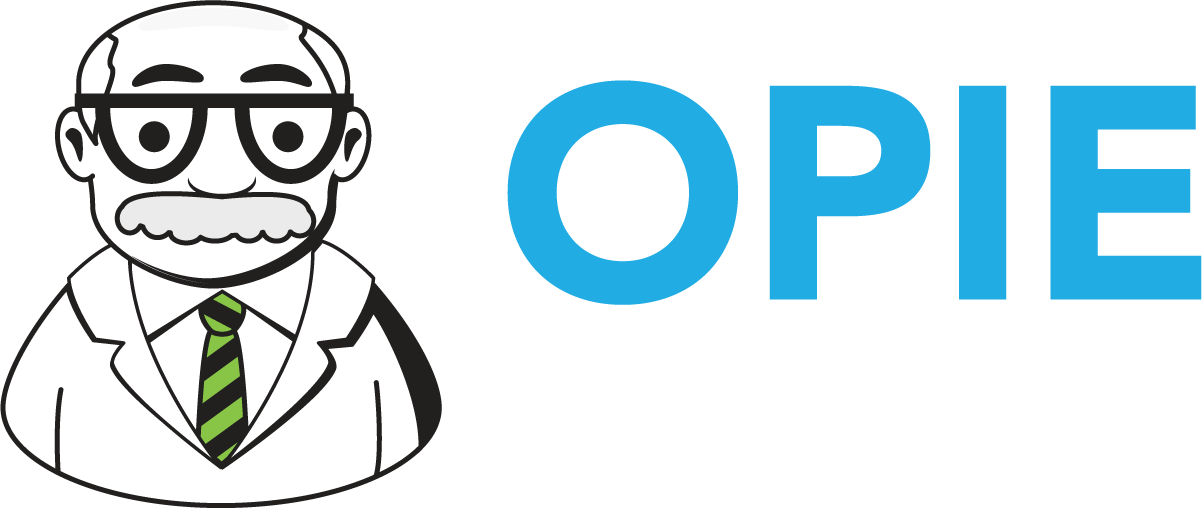Why Hackers Want Your Data
The security of patient records has become a critical concern. Healthcare records are a treasure trove of personal and sensitive information, making them a prime target for hackers and cybercriminals. These records contain more than just addresses and credit card numbers; they hold a wealth of private information, including insurance policy numbers, medical conditions, and detailed medical histories. This data is a goldmine for crooks looking to scam insurance companies, Medicare, and Medicaid, leaving patients exposed to significant financial and medical risks.
The theft of health records can have a longer lasting and more devastating impact on victims than regular financial fraud or identity theft. The reason lies in the nature of the information itself: it is harder to detect and more challenging to correct when misused. According to the U.S. Department of Health and Human Services Office for Civil Rights, there were 725 data-breach incidents that exposed 500 or more health records in 2023, marking an increase from the previous year. These breaches are not just statistical anomalies; they represent real people whose lives can be severely impacted by such incidents.
Once hackers obtain a patient’s personally identifiable information and healthcare records, they can spoof their identity and monetize this information in various ways. Here are some of the malicious activities they can engage in:
Insurance Fraud: Hackers can file for insurance benefits and reimbursements from private insurers or Medicaid and Medicare, directing the payments to new addresses.
Illicit Prescriptions: They can obtain prescriptions for controlled substances, which have a high resale value on the black market.
Identity Theft: With detailed medical and personal information, hackers can commit identity theft, applying for loans, accessing bank accounts, and even claiming unemployment benefits in the victim’s name.
Consequences for Patients
Victims of medical identity theft face a myriad of challenges. They may be denied coverage in the future because their records show conditions they do not actually have. Alternatively, they might be informed that they have reached their limit on benefits, even if they have not. Correcting these bogus entries is a daunting task due to the convoluted systems used by healthcare providers and insurers, which often do not communicate effectively with each other. This can lead to delayed or denied care, further exacerbating the victim’s plight.
Consequences for Healthcare Providers
As the custodians of patient records, healthcare providers and organizations are also heavily impacted by data breaches. The repercussions are multifaceted and can be severe:
Fines and Penalties: Civil penalties can range from $100 to $50,000 per violation, depending on the level of negligence. For instance, if the breach occurred due to reasonable cause or lack of knowledge, the penalties might be lower. However, if the breach was willfully negligent, the fines can escalate to between $10,000 and $50,000 per violation.
Criminal Penalties: If criminal penalties are assessed, they can include fines up to $250,000 and imprisonment for up to 10 years. The severity of these penalties is tiered, with Tier 1 being the least severe, involving violations due to reasonable cause or lack of knowledge, and resulting in fines up to $50,000 and 1 year in prison.
Reputational Damage: Beyond the financial and legal consequences, data breaches can also lead to significant reputational damage. Patients trust their healthcare providers with their most sensitive information, and a breach can erode this trust, potentially leading to a loss of patients and revenue.
The Financial and Legal Implications
A malicious data breach exposing more than 500 patient records can result in substantial civil fines, potentially up to $1.5 million annually. The cumulative effect of these fines, combined with the costs of notification, mitigation, and legal defense, can be crippling for any organization. Additionally, the criminal penalties for such breaches can include significant fines and imprisonment, depending on the intent and severity of the breach.
Given the high stakes involved, protecting patient records is not just a regulatory requirement but a moral and ethical imperative. Here are some steps that healthcare providers can take to enhance security:
Implement Robust Security Measures: Ensure that all access to electronic health records (EHRs) is controlled at the individual level and that access credentials are properly secured. Regularly update your systems, software, and patch vulnerabilities to prevent hacking incidents.
Training and Awareness: Conduct regular training sessions for staff on data security best practices and the importance of protecting patient information.
Incident Response Plan: Have a comprehensive incident response plan in place to quickly respond to and contain data breaches.
Compliance with Regulations: Stay compliant with HIPAA and other relevant regulations. This includes conducting regular audits and risk assessments to identify and mitigate potential vulnerabilities.
Conclusion
Healthcare data breaches are a serious threat that can have far-reaching consequences for both patients and healthcare providers. By understanding the risks and taking proactive steps to protect patient records, we can mitigate these threats and ensure the integrity of our healthcare system. It is our collective responsibility to safeguard this sensitive information and maintain the trust that is fundamental to the patient-provider relationship. In the digital age, protecting patient records is not just about compliance; it is about protecting lives.

